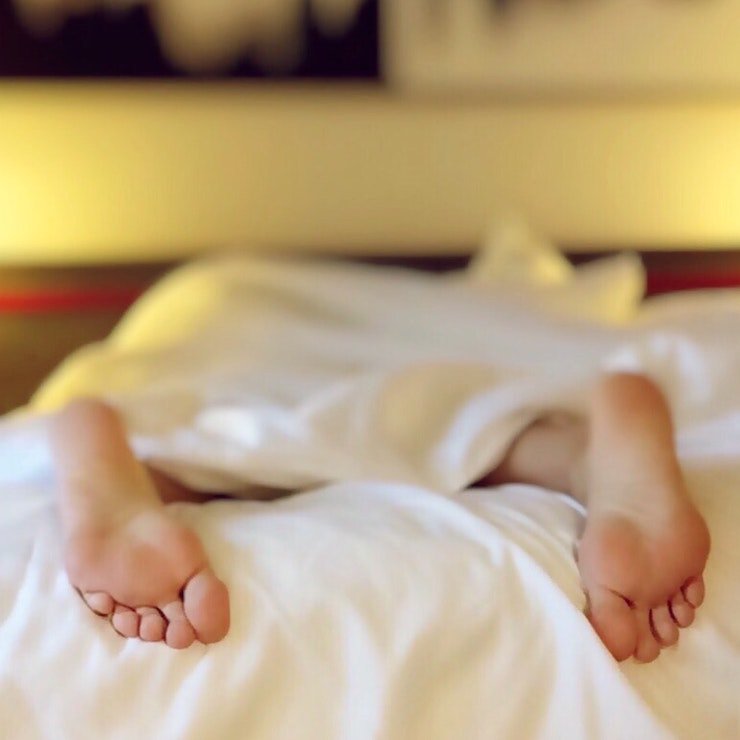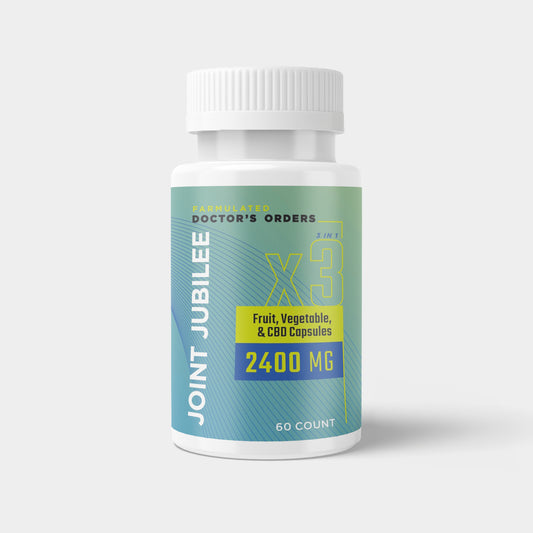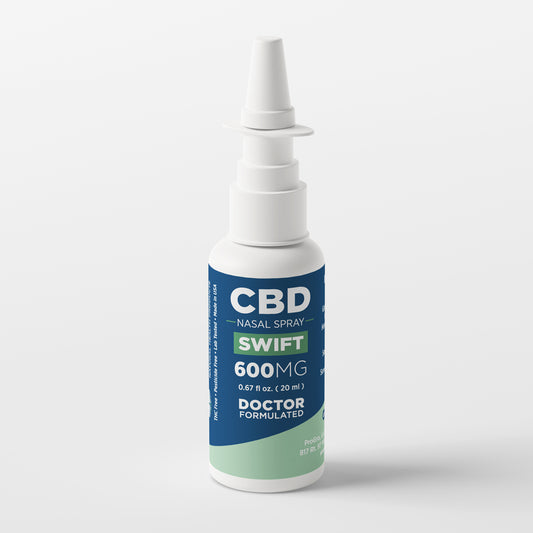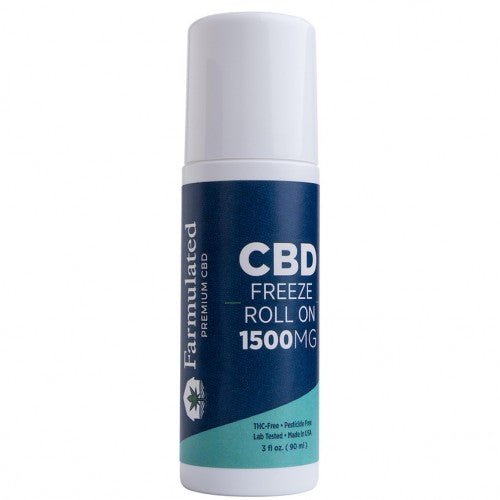As we prepare to enter the official summer season, “getting into better shape” permeates many conversations, typically driven by a desire to lose weight and feel better throughout the long, sunlit days. But what if shedding winter weight for a leaner physical appearance and heightened energy levels isn’t entirely a product of diet and exercise? According to extensive research on sleep and insomnia, it’s not.
Over two dozen sleep studies conducted around the world show a positive association between increased hours spent sleeping and decreased body mass index (BMI).1 Why? Adequate sleep drives nearly every regulatory function of the body, including metabolism. Research indicates sleep deprivation is responsible for metabolic dysregulation,1 and most of us are familiar with the effects of a slower metabolism, or one which burns fewer calories.
Less sleep not only translates to a dysfunctional metabolism but also to heightened levels of glucose-increasing cortisol, which data shows contributes to a higher risk of type II diabetes, especially in sleep-deprived men.1 In the long run, the impact of missing out on necessary sleep is detrimental to nearly every aspect of one’s health.
In addition to the current list of recommended solutions to clock in more hours of sleep, including daily exercise, meditation and screen time limits, a nightly dose of CBD may prove beneficial. Here’s how CBD’s benefits intertwine for a better night’s sleep:
1. Reduces Stress.
One of the fundamental causes of insomnia is hyperarousal, an elevated state of restlessness driven by conditions such as anxiety and depression.2 CBD works to combat stress and anxiety via a complex network of receptors in the endocannabinoid system, bringing the nervous system back to a state of calm conducive to restful sleep. Consumers back its efficacy, as 20 percent of consistent CBD users cite anxiety relief as the primary reason for CBD use.3
2. Regulates Cortisol.
While cortisol is an essential hormone for reducing stress and inflammation, consistently elevated levels actually put your health at risk. Consider how a person who is perpetually stressed tends to experience declining health. High blood pressure, weight gain and mental health disorders are common side effects of the overburdened.
Getting too little sleep has a strikingly similar health impact to a high-stress lifestyle, and in a damaging, often unbreakable cycle, deficient sleep increases cortisol production which can, in turn, cause insomnia.1 Studies show CBD modulates cortisol levels as the endocannabinoid system works to maintain equilibrium,4 breaking detrimental sleep patterns.
3. Decreases Inflammation.
Studies monitoring sleep deprivation have not only shown an increase in proinflammatory responses in participants but also altered immune system functioning.1 In other words, when the body is not given sufficient time to repair and maintain its internal processes via adequate sleep, the overextended immune system is unable to work to its full potential.
To further compound a weakened immune system, persistent inflammation increases the risk of chronic pain and other disorders which, like elevated cortisol, can cause a cyclical pattern of deficient sleep due to pain-induced hyperarousal. Luckily, research suggests CBD may prevent the breakdown of anti-inflammatory endocannabinoids for extended relief from inflammation. Less inflammation = better overall health.

So, is 2021 the year you’re ready to get into shape and feel better with actionable solutions? More nightly inaction may be just the kickstart you need. Make it a goal to get at least seven hours of sleep, then listen to your body’s needs and adjust accordingly. Try a CBD supplement (we recommend full-spectrum oil) to ease into a nightly state of restfulness, then prepare to feel more energetic, focused and recommitted to your health goals the following day. Repeat all summer long, then keep the momentum going.
Happy sleeping!
Sources:
1. Sharma, S., & Kavuru, M. (2010, August 2). Sleep and metabolism: an overview. International journal of endocrinology. https://www.ncbi.nlm.nih.gov/pmc/articles/PMC2929498/.
2. Suni, E. (2020, August 6). What Causes Insomnia? Sleep Foundation. https://www.sleepfoundation.org/insomnia/what-causes-insomnia.
3. Brenan, M. (2019, August 7). 14% of Americans Say They Use CBD Products. Gallup.com. https://news.gallup.com/poll/263147/americans-say-cbd-products.aspx#:~:text=CBD%20users%20in%20the%20U.S.,the%20top%20reasons%20for%20use.
4. Zuardi, A. W., Guimarães, F. S., & Moreira, A. C. (n.d.). Effect of cannabidiol on plasma prolactin, growth hormone and cortisol in human volunteers. Brazilian journal of medical and biological research. https://pubmed.ncbi.nlm.nih.gov/8257923/.





